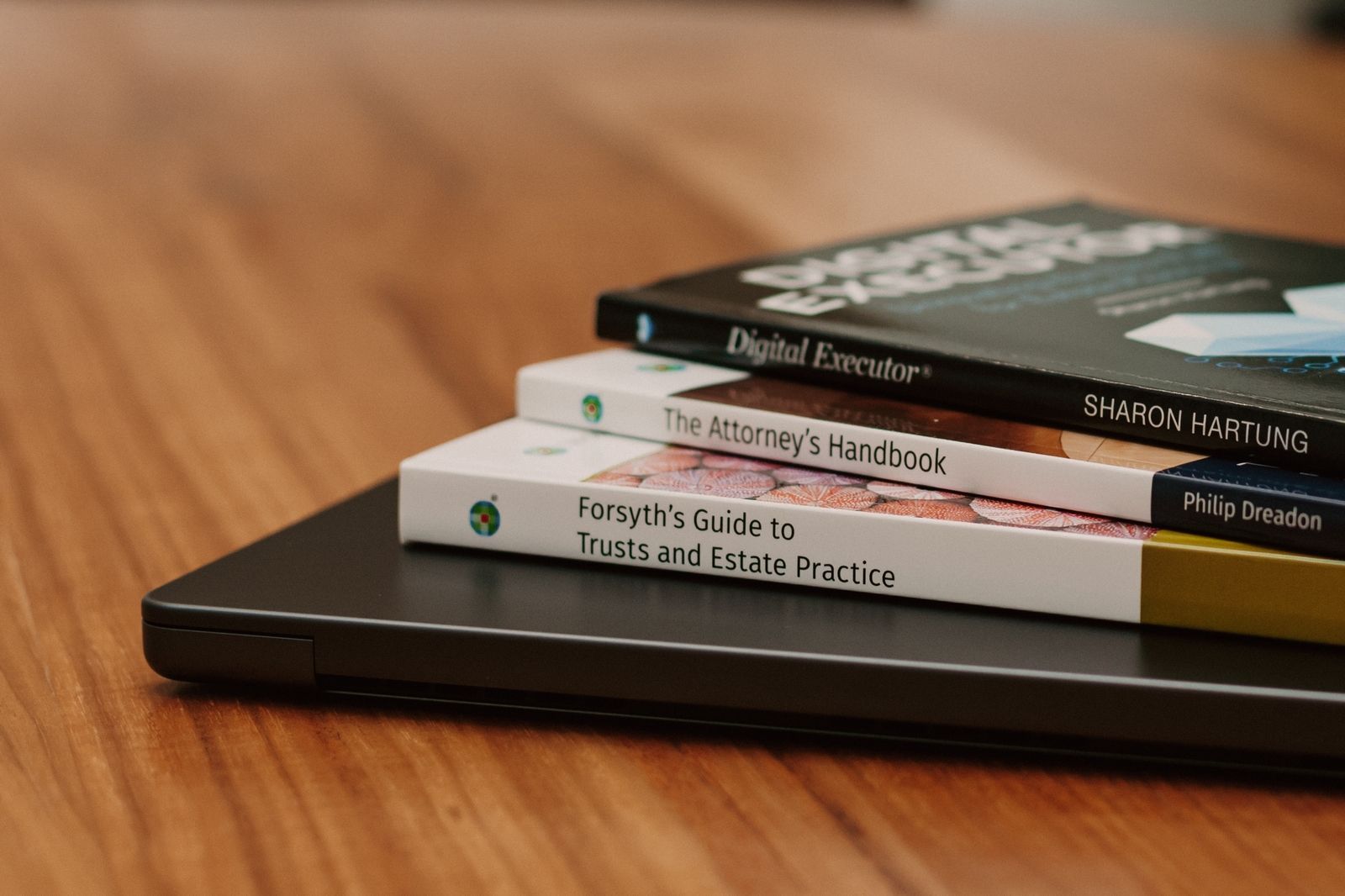Unsigned Will? New Zealand High Court Can Validate Your Loved One True Wishes!
Can an Unsigned Document Be Declared a Valid Will in New Zealand?
Key Takeaways
- The High Court of New Zealand has the power to declare an unsigned or improperly witnessed document a valid will if it truly reflects the deceased's final wishes.
- The court's primary focus is on the deceased's "testamentary intention," meaning the substance of their wishes outweighs technical errors in the document's creation.
- Strong evidence is essential for a successful validation, including emails, notes, draft documents, and statements the deceased made to others.
- Validation avoids the rigid asset distribution rules of intestacy, which apply when there is no will and often lead to outcomes the deceased would not have wanted.
What happens when a loved one passes away, leaving behind a document that looks like a will, feels like a will, but isn't signed? In the past, the answer was simple and often heartbreaking: the document was invalid. This would leave families facing a future that looked very different from what their loved one had intended.
Fortunately, the law has evolved.
Today, New Zealand law provides a vital pathway to honour a person's final wishes, even if they're recorded in an informal document. In our experience as estate specialists, this power can make all the difference, turning a potentially difficult situation into one that respects the deceased's true intentions.
The High Court's Power: A Focus on Intention, Not Formality
The key to this process lies in the Wills Act 2007. Section 14 of the Wills Act can be used to validate a Will even if it fails to meet the standard legal requirements, such as being signed and witnessed correctly.
The court's primary goal is to determine if the document genuinely expresses the person's final wishes for the distribution of their property. The court can look beyond the missing signature and ask, "Is this what they really wanted?"

What Happens Without a Valid Will? The Pitfalls of Intestacy
To understand why validating an informal will is so important, we need to look at the alternative: dying "intestate." This is the legal term for passing away without a valid will. When this happens, your estate is distributed according to a strict formula set out in the Administration Act 1969.
This formula doesn't account for your unique family dynamics, relationships, or specific wishes.
For example, if you die intestate leaving a partner and children, the law dictates a specific split. Your partner receives all personal chattels, a prescribed amount of $155,000, and one-third of the remaining estate. Your children receive the other two-thirds. We've seen this cause immense difficulty, especially where the family home makes up most of the estate's value, as it may force a sale to pay out the children's share.
This rigid outcome is often far from what the deceased would have wanted. This is why having a Will is so crucial, and why the court's power to validate an informal one is such a valuable tool.

Building a Case: The Importance of Strong Evidence
An application to the High Court isn't a rubber-stamping exercise. To convince a judge to validate an unsigned document, you must present compelling evidence that it represents the deceased's final wishes.
The court will consider a wide range of information. This includes the document itself, any evidence about its creation, statements of the deceased made about their intentions, and other related correspondence. A common mistake we have observed is assuming the document alone is enough. Context is everything.
We have seen many types of documents successfully validated, including:
- Unsigned draft wills prepared by a solicitor
- Handwritten notes or letters
- Emails outlining distribution wishes
- Instructions saved on a computer
- Even suicide notes
The stronger and clearer the evidence of final intention, the higher the chance of success. This process is a crucial part of the overall estate administration journey, ensuring the estate is managed and distributed as it should be.
When is a 'Draft' Not Enough? The Risk of Unsettled Intentions
It's important to understand that validation is not guaranteed. The court must be satisfied that the deceased's intentions were final and settled, not just a work in progress.
A clear example of this is the case of Robinson v Beaman. Here, the deceased had sent an email to his solicitor with a draft will attached, describing it as "a start." Because he framed it as a preliminary step rather than a final decision, the court ruled that his testamentary intentions were not yet finalized. As a result, the document could not be validated.
This case highlights a critical point: if the evidence suggests the person was still thinking things over or planned to make further changes, the court will be reluctant to declare the document a valid will. Navigating these complexities is where expert guidance on wills and estate disputes becomes invaluable.
Does Time Matter? The Effect of Delay
A question we are often asked is whether a long delay between the creation of a document and the person's death weakens the case for validation. What if an unsigned will was drafted five or ten years before they passed away?
The answer is that time alone isn't necessarily a barrier. As long as there is no evidence to suggest the deceased changed their mind in the intervening years, the document can still be considered a valid expression of their final wishes. The court will look for any indication of a change in heart, but a simple lapse of time does not automatically invalidate the document's intent.
The Best Path Forward: Formalise Your Wishes
The High Court's power to validate an informal document is a crucial safety net. It provides a way to achieve fairness and honour a person's last wishes in difficult circumstances.
But it should be seen as just that—a safety net, not a substitute for proper planning.
The court application process can be time-consuming, costly, and add stress to an already grieving family. The surest way to protect your loved ones and ensure your wishes are carried out exactly as you intend is to create a formal, signed, and witnessed will with professional guidance.
Doing so gives you and your family peace of mind, knowing that everything is clear, legally sound, and ready to be acted upon without complication.




